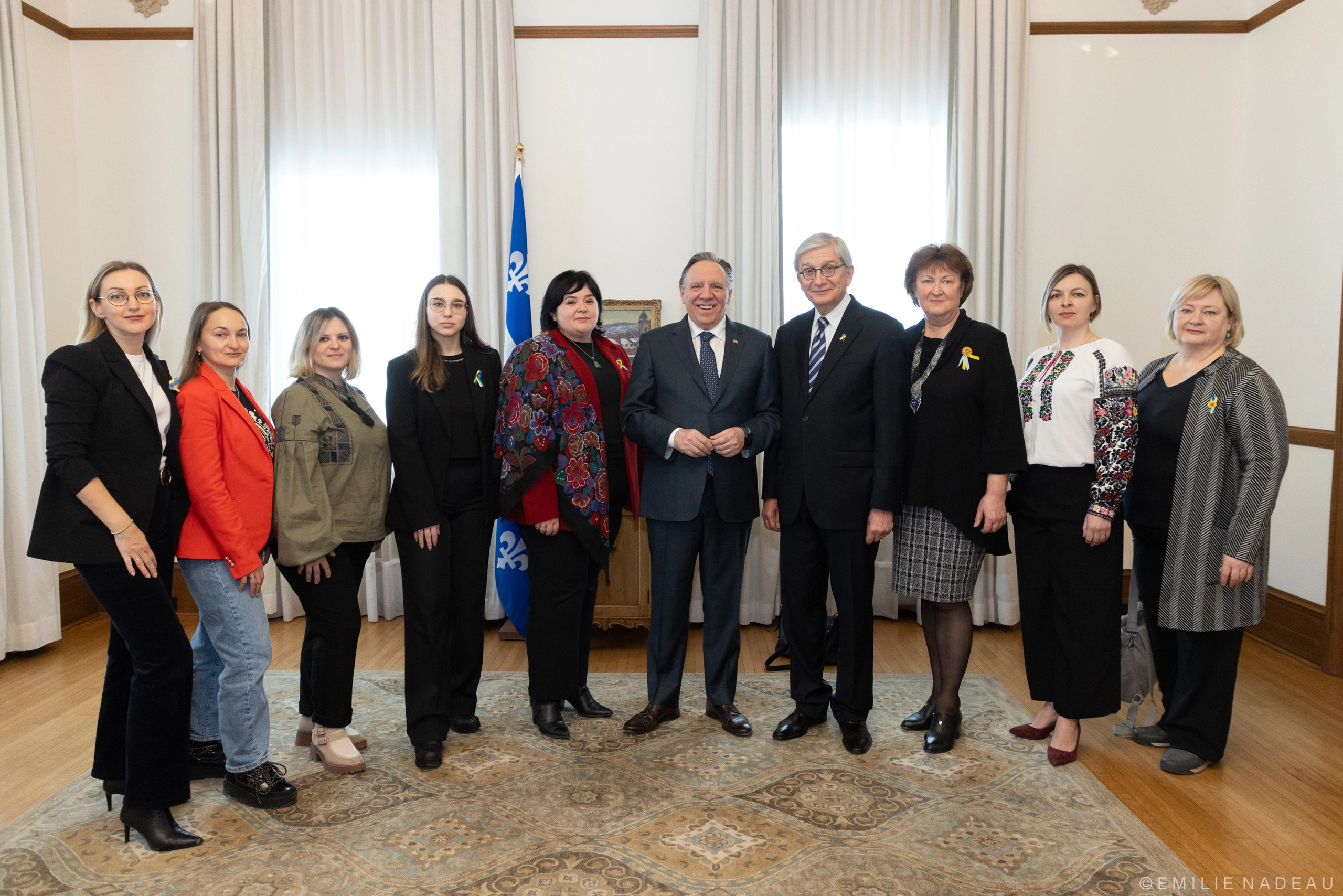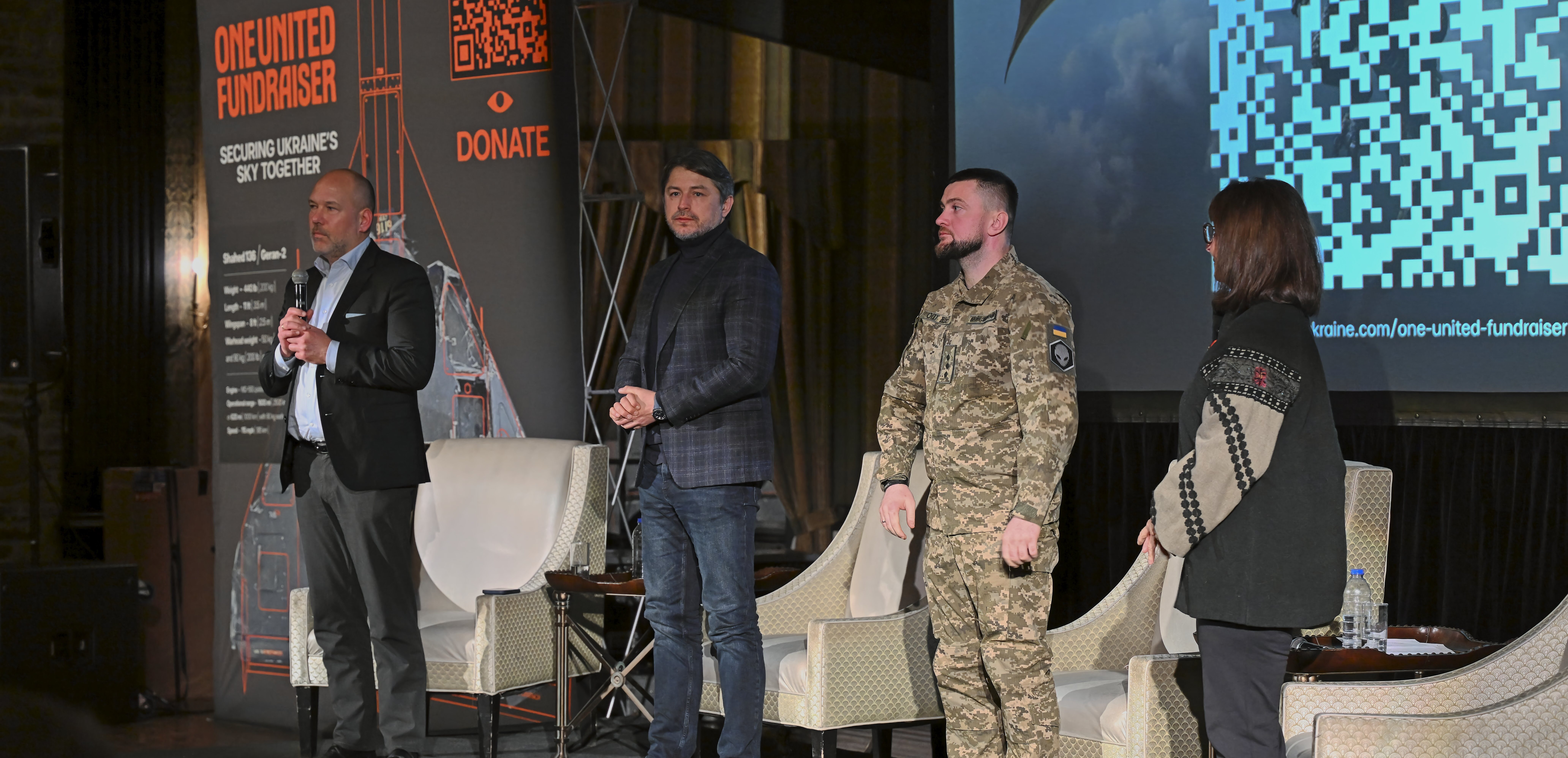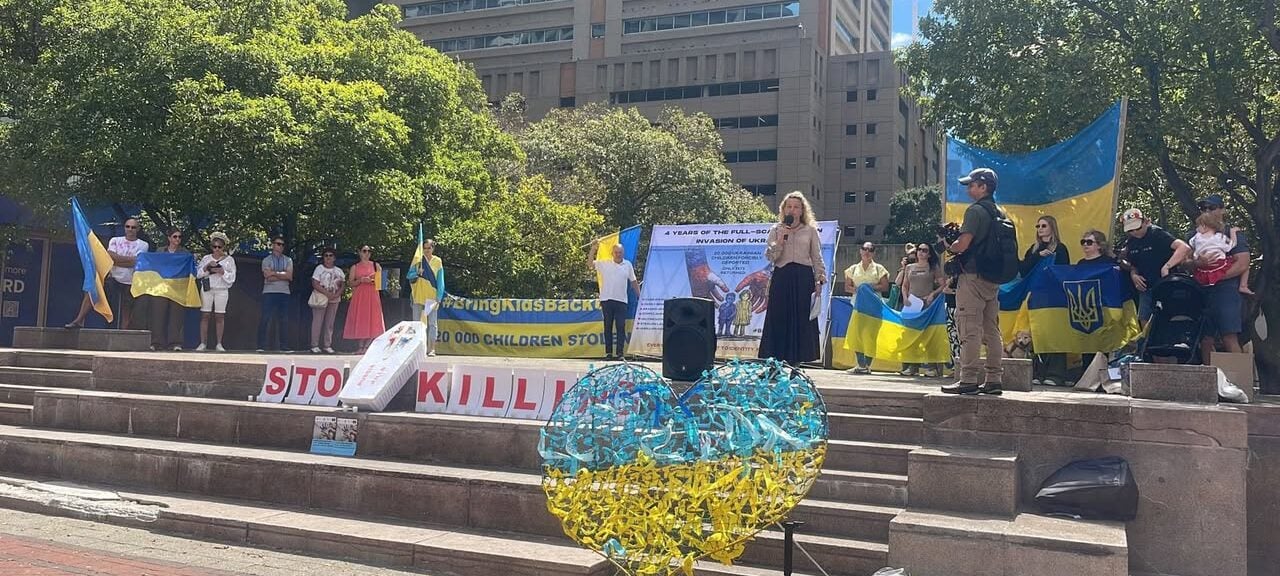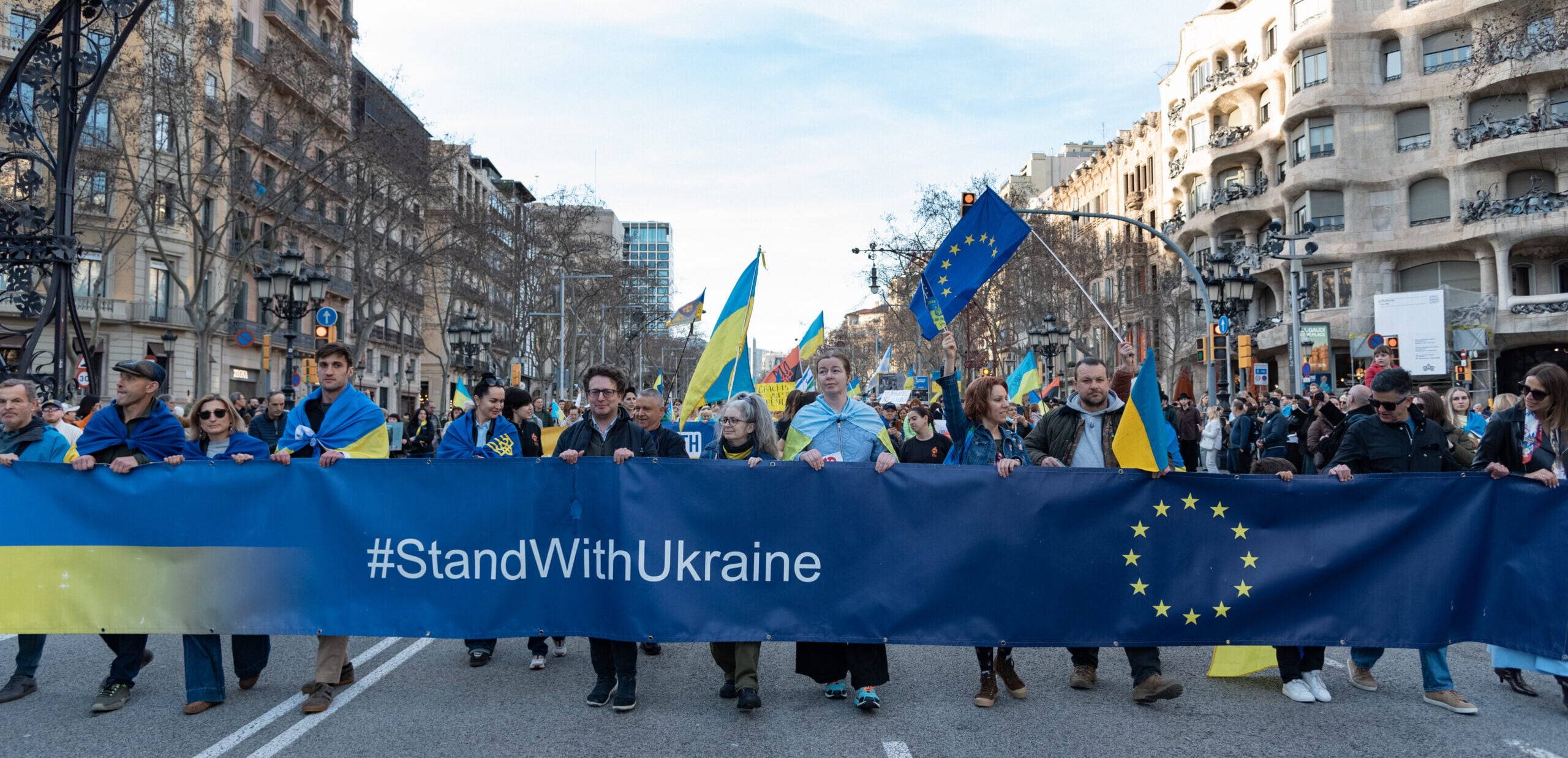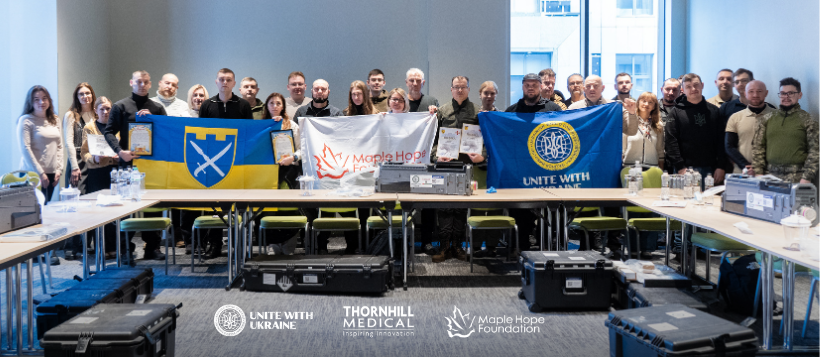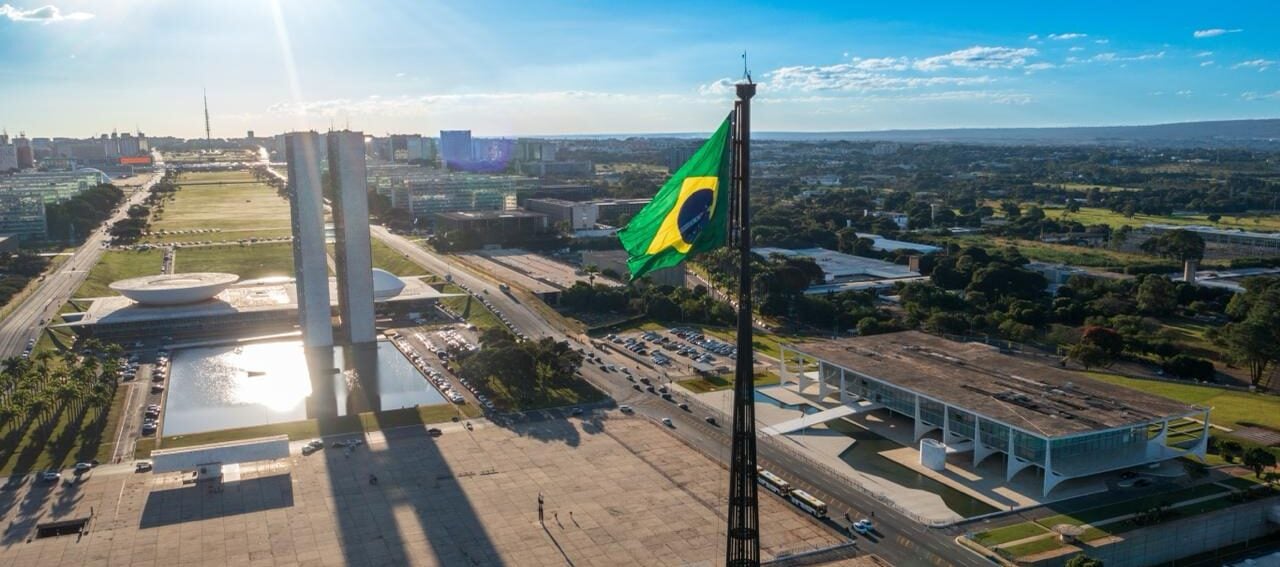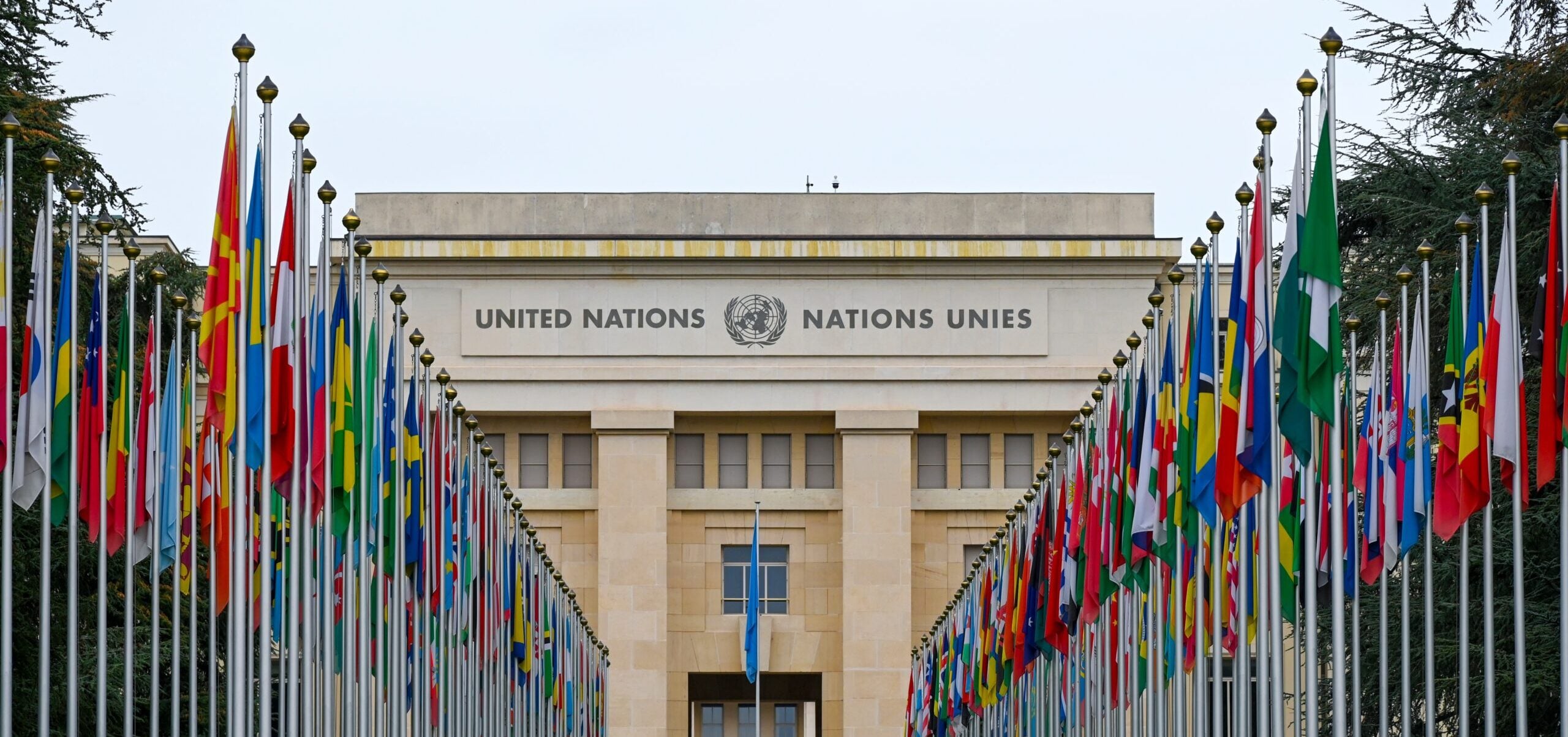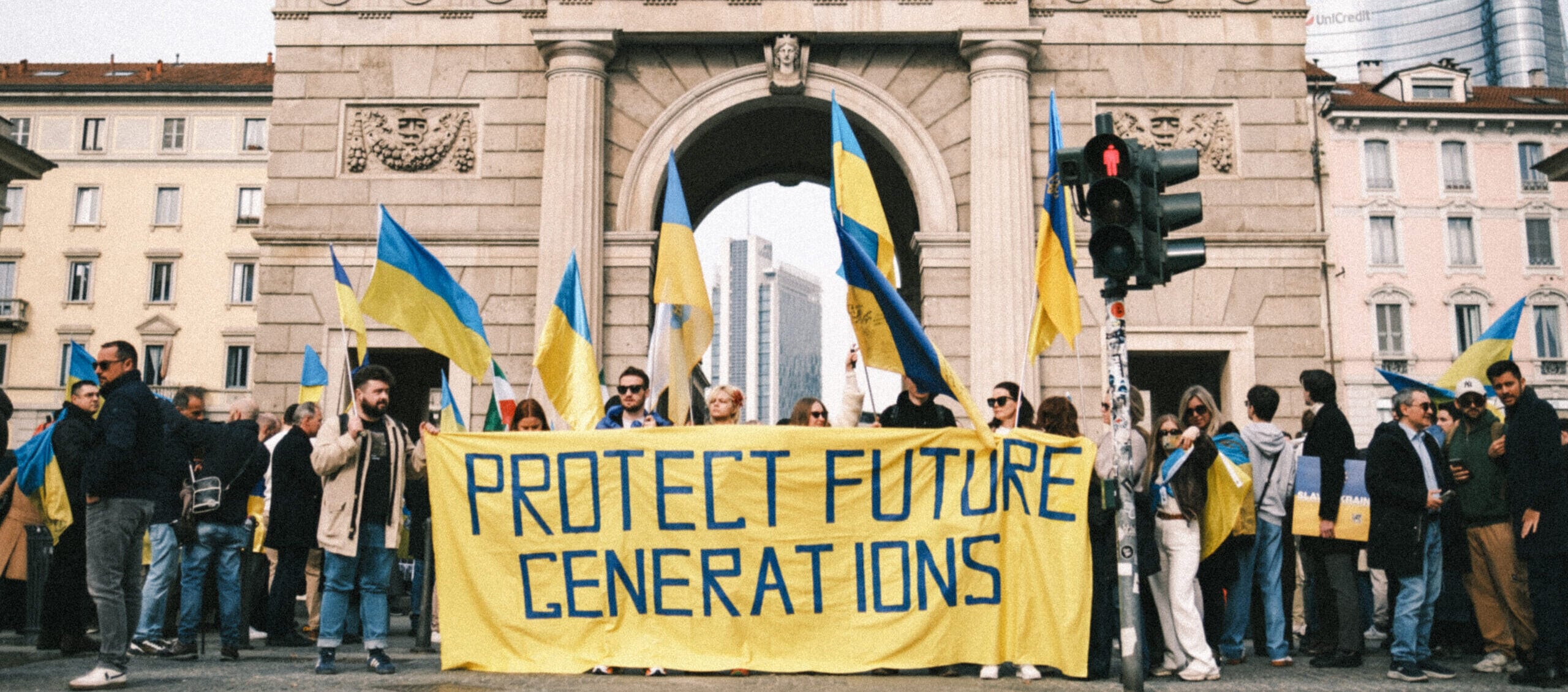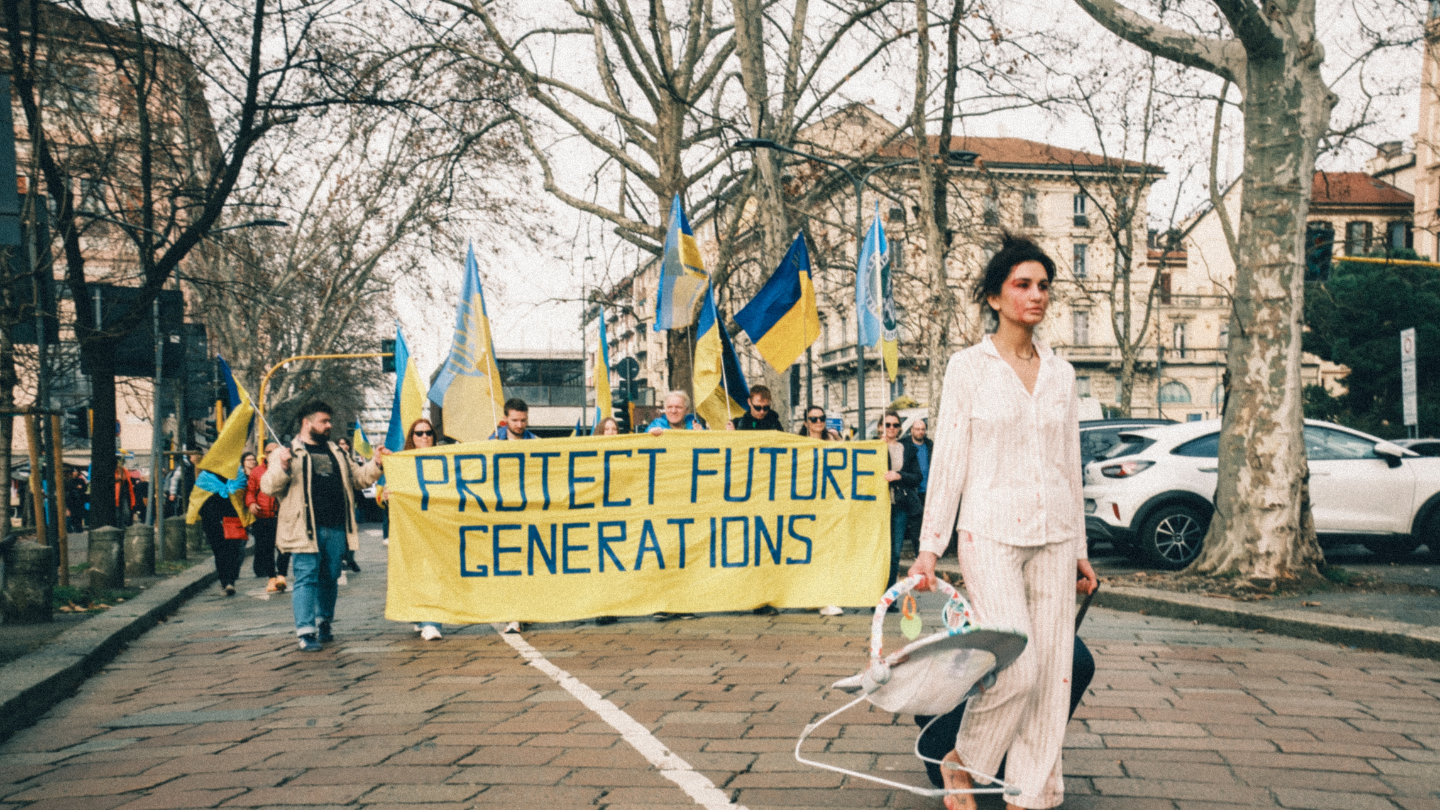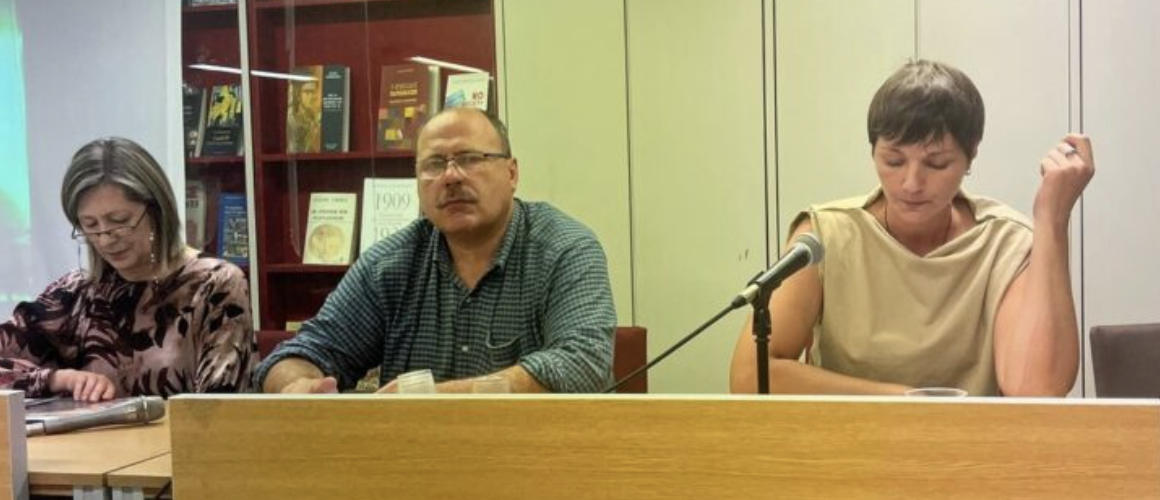
Yana Tikhonen – an activist from Karelia (a historically significant region in northern Europe that straddles the border between Finland and Russia that was illegally annexed by the Soviet Union during World War II) and head of the Finno-Ugric human rights organization Ranta – delivered a speech at the opening of the Anti-Imperialist Bloc of Peoples’ exhibition on Kremlin ruler Vladimir Putin’s political prisoners in Athens on May 12.
Source: The Ukrainian-Hellenic Thought society
Translated into Ukrainian by Halyna Maslyuk, a leading activist of the Ukrainian community in Greece.
It is a great honor for me to be here today and to have the opportunity to reveal the true face of the Russian Federation—the daily terror endured by those who oppose the Kremlin regime, the invasion of Ukraine, the illegal occupation of its territories, and the way the government treats the indigenous peoples of the federation.
I am especially grateful to be in a country where freedom of speech is not a crime, allowing me to be the voice of my fellow countrywomen: the Karelians and other Finno-Ugric peoples who have neither the opportunity nor the freedom to speak out about the horrors they face every day. However, I must choose my words carefully. While I may not be in immediate danger for what I say, some of the people I speak about today risk severe consequences that I am fortunate to avoid.
In recent years, Russian legislation has ceased to protect its citizens. Instead, it serves to defend a bloodthirsty regime, justify violence and lies, and suppress every freedom and human right. What counts as a crime in Russia? Posting online in support of peace. Sharing an anti-war slogan. Speaking the truth about the crimes committed by the Russian army in Ukraine. Exercising the internationally recognized right to self-determination. Anyone can fall victim to this injustice: an elderly pensioner who cannot stay silent about government atrocities, a child who refuses to live in a world where injustice, terror, hatred, and death are normalized.
Take, for example, Andrey Vasuirenko, a young man from Karelia who was only 18 when he was arrested. What was his crime? He believed the world should stand with Ukraine and resist the illegal invasion and occupation of its territories. He also defended Karelia’s right to independence. I want to stress that he committed no violent act: he did not attack officials, destroy state property, or engage in criminal propaganda. He was punished solely for his words and beliefs. In any other country, his stance would be seen as the heartfelt expression of a young man driven by a desire for justice and freedom. But in Russia, it was viewed as a threat. His courage to speak out earned him a nine-year prison sentence.
Perhaps the worst part of his fate is not losing his youth behind bars in a high-security prison. The worst is the torture. I do not know how many of you are familiar with the conditions political prisoners endure in Russian jails. The conditions are horrific, inhuman, and degrading. No word is strong enough to describe the suffering of those caught in this brutal system.
Interrogations almost always involve brutal beatings and humiliating practices, designed not only to force confessions—even for crimes not committed—but also to extract information about others “involved.” But the torture does not end there. Many prisoners endure ongoing abuse: beatings, isolation, denial of medical care, rape, and psychological torment. I struggle to comprehend the purpose behind such cruelty from the prison authorities. Perhaps it is a sick form of entertainment for the guards, or a method of intimidation for those who have yet to enter this living hell.
Andrey was not spared. During subsequent interrogations, other prisoners were shown photos of Andrey’s beaten face. This is meant to intimidat—to force confessions, to elicit names, or to scare others into silence, fearing they too will be tortured.
I want to pause here to remind everyone that Russia is a party to the International Covenant on Civil and Political Rights, the Geneva Conventions, and the Convention Against Torture and Other Cruel, Inhuman or Degrading Treatment or Punishment. These treaties strictly forbid all forms of torture, both physical and psychological. Yet the Russian government continues to treat its citizens with barbaric cruelty and blatantly ignores its international obligations.
Of course, this cruel treatment does not apply to all prisoners. True criminals—murderers and pedophiles—avoid torture. Some are even offered freedom if they sign up for military service and are sent to Ukraine, where they are permitted to kill and rape. Upon their return, they are pardoned, celebrated as heroes, and allowed to continue their crimes unhindered.
This is the cruel irony: for the Kremlin and Russian authorities, murder is not a crime. But freedom of speech, freedom of thought, and peace are the real offenses.
Cover: the Ukrainian-Hellenic Thought society
